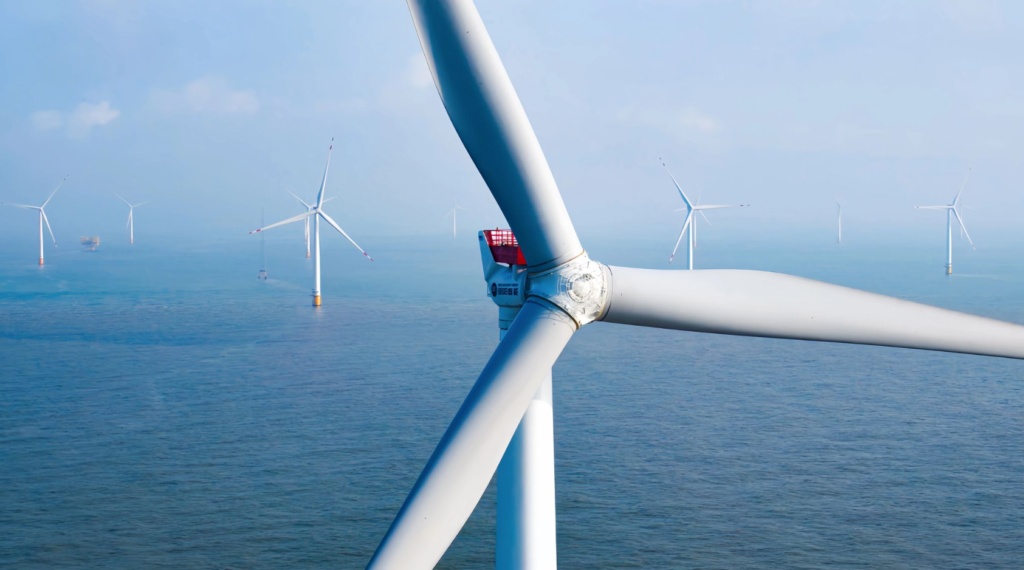The German Ministry for Economy and Energy has introduced measures to level the playing field between European and international wind turbine manufacturers, particularly addressing Chinese suppliers.
The measures, outlined in a five-point action plan released on October 17, were discussed at a meeting with German Minister Robert Habeck and representatives of European wind turbine manufacturers and suppliers the day before.
The plan focuses on wind turbine cybersecurity, fair competition, reducing dependencies on critical components, ramping up production financing, and revising project financing by German and EU banks.
Regarding competition from Chinese suppliers, the action plan notes that over 90% of permanent magnets essential for wind turbines originate from China. The plan proposes developing an industry roadmap to gradually reduce this dependency by late 2024 or early 2025.
The measures also include revising financing from EU and German banks for projects using Chinese wind technology to ensure alignment with national and European industrial policies and ESG standards.
The BMWK aims to garner support to review the strategies of KfW, EBRD, EIB, and other financial instruments concerning Chinese financing.
To enhance European manufacturers’ competitiveness, BMWK plans to provide financial support of around EUR 16 billion by 2030 for new and expanded wind turbine factories, partly through guarantees by KfW and complementary offers from the European Investment Bank.
The action plan promotes using the EU’s Foreign Subsidies Regulation to maintain fair competition, with the EU Commission already investigating Chinese suppliers.
Efforts to improve cybersecurity include expanding the list of companies required to meet security standards and inspecting certain IT components in wind turbines.
Following the plan’s release, WindEurope acknowledged the growing presence of Chinese manufacturers in Europe and praised Germany’s efforts to support the European wind energy sector.
WindEurope emphasized the importance of protecting the local industry against subsidized prices and ensuring data security, noting the strategic value of turbine sensor data.
Original Story at www.offshorewind.biz
